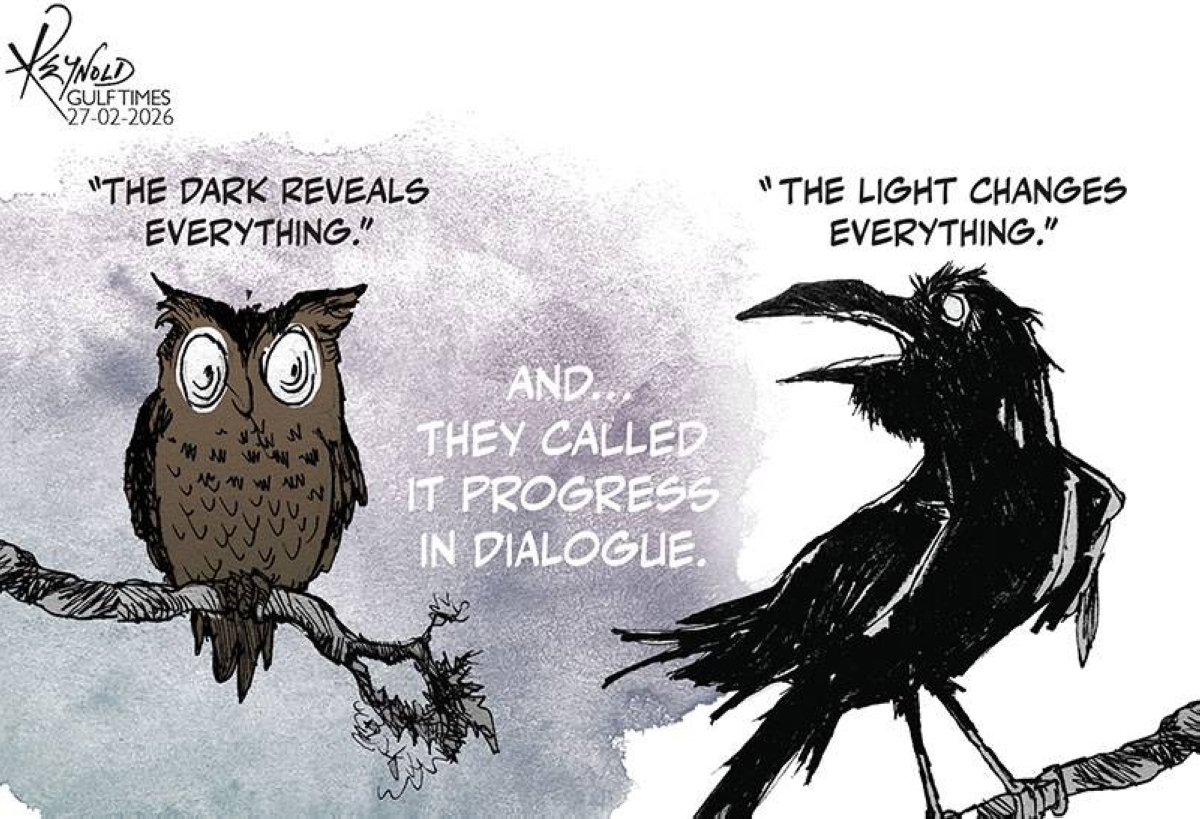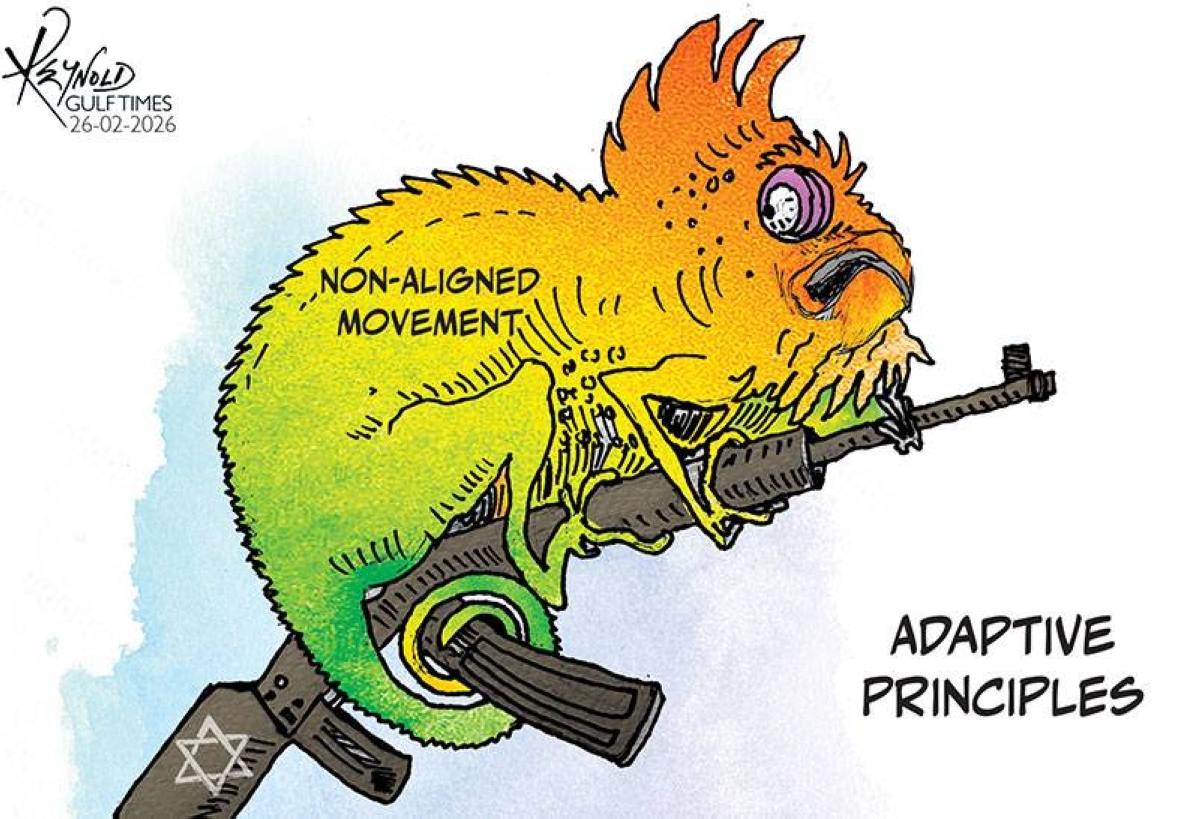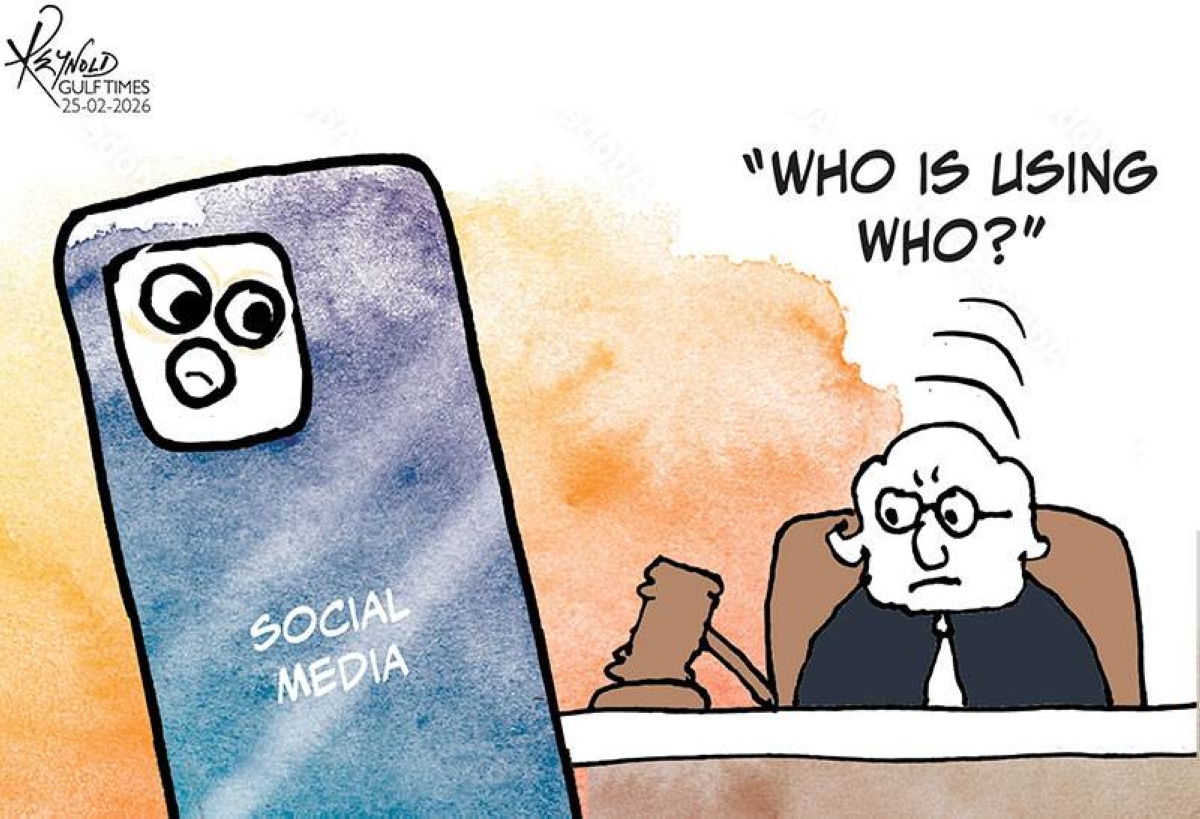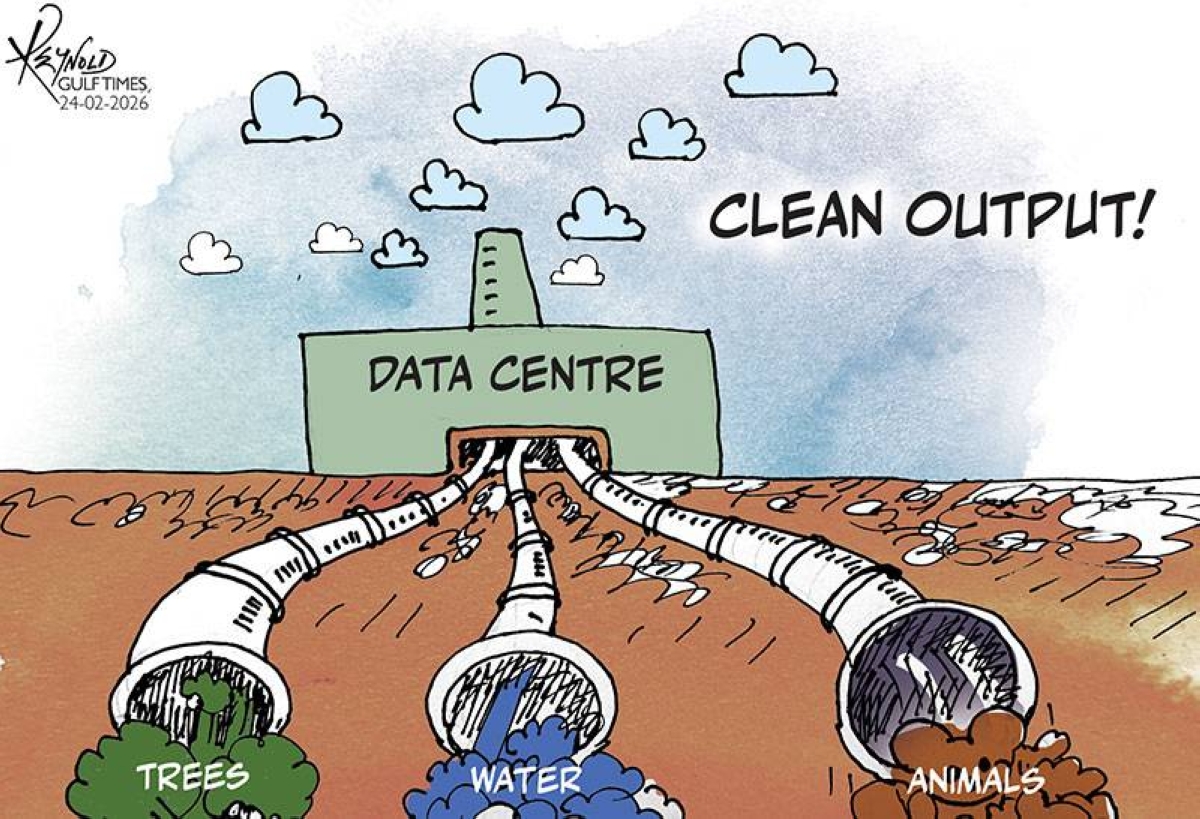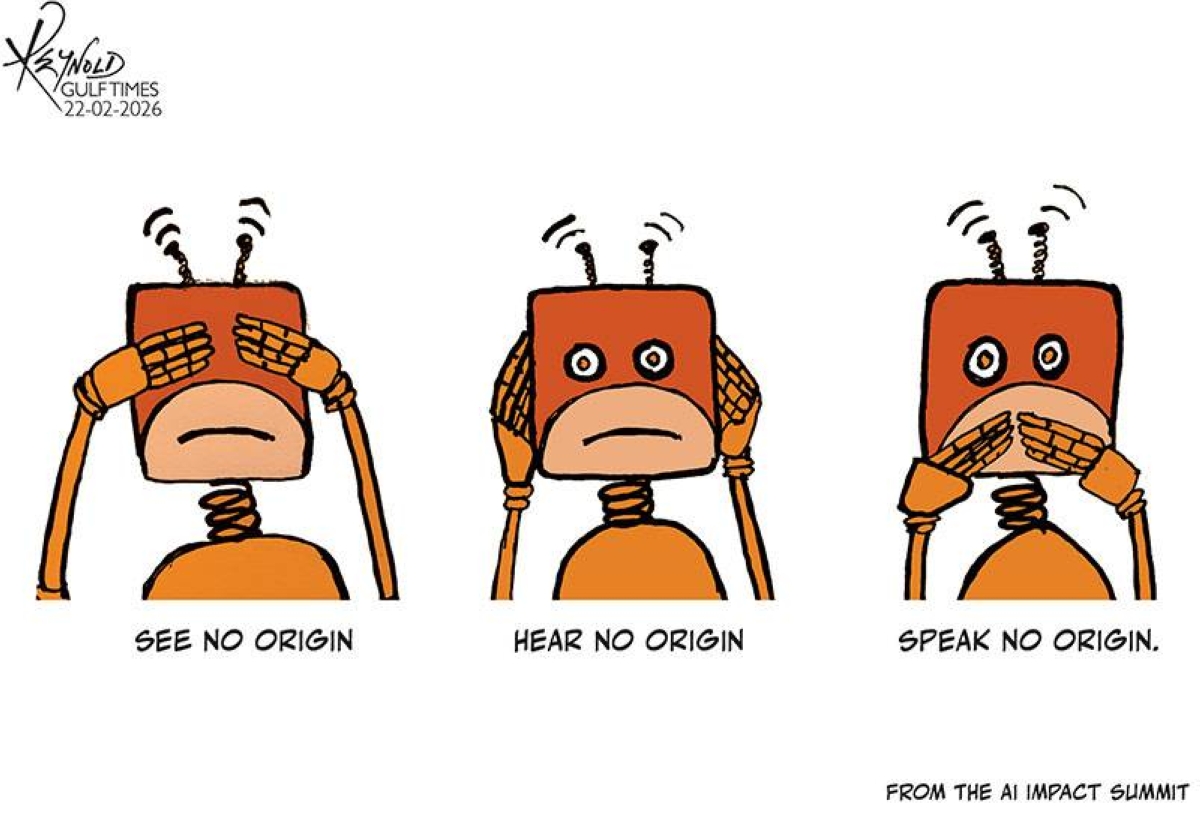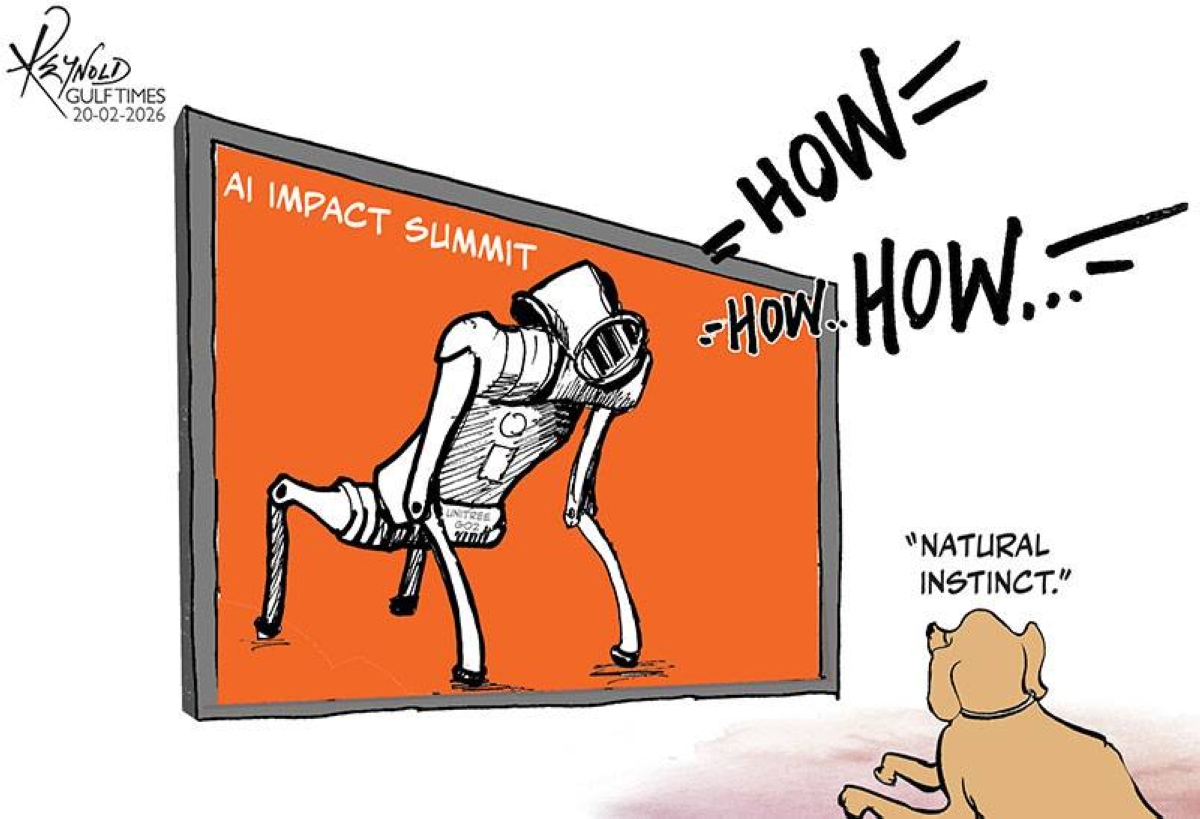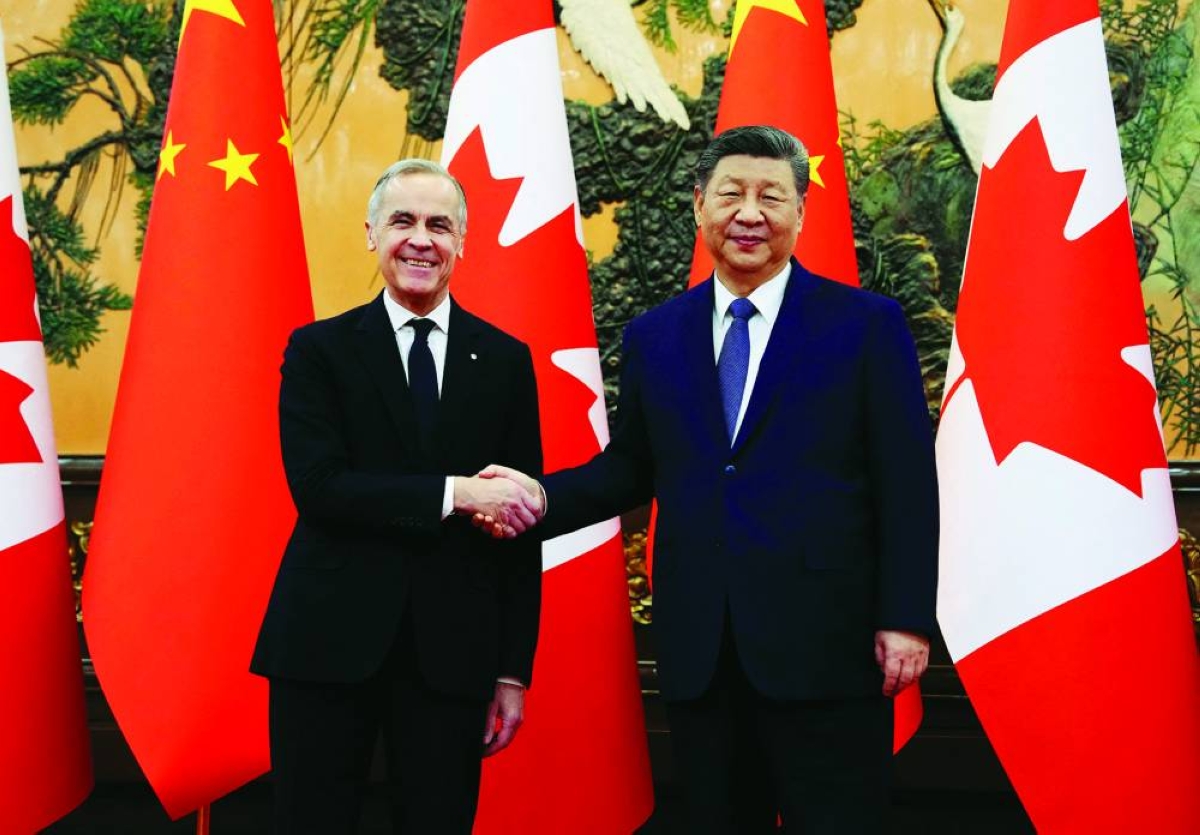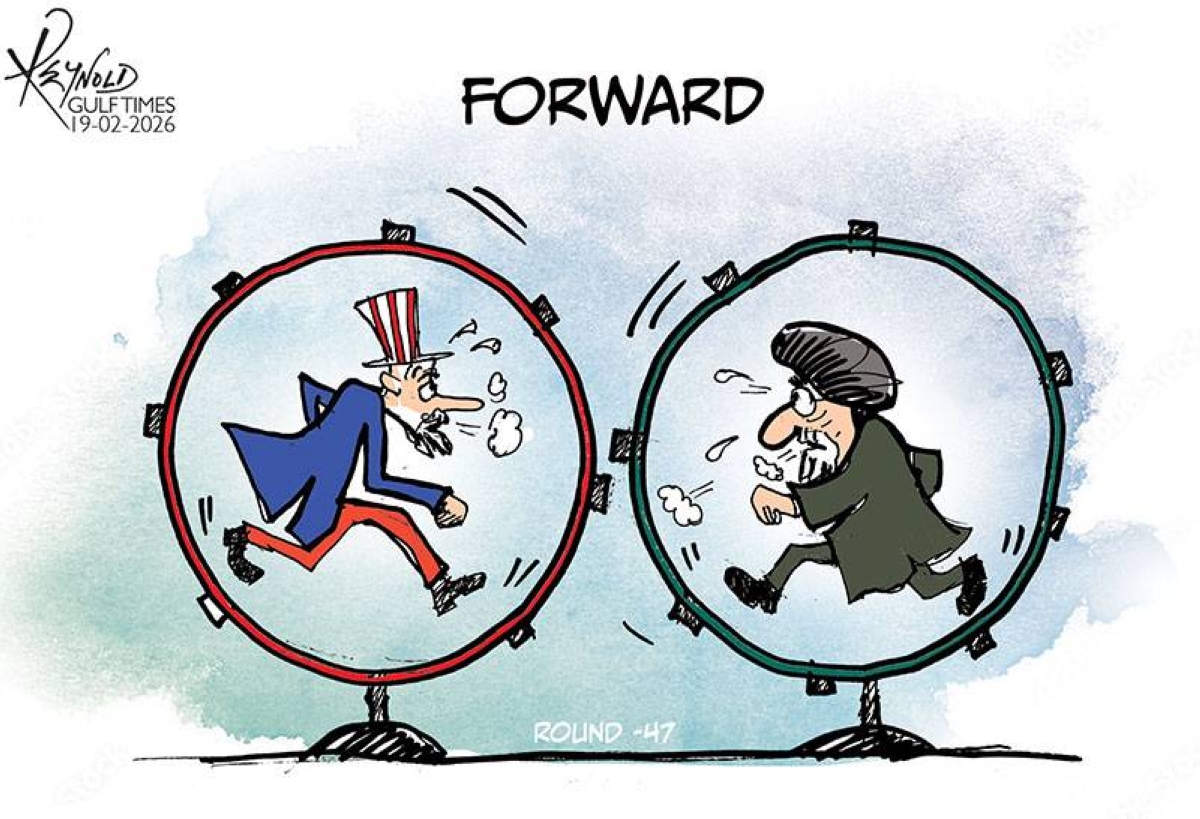Builders VC bridges 16 companies with 30 local partners Global companies at the forefront of innovation are increasingly engaging with Qatar’s venture ecosystem, with introductions facilitated by an international venture capital firm that has brought a diverse set of enterprises to Doha in recent months. Earlier this month, Builders VC, a partner of the Qatar Investment Authority’s (QIA) Fund of Funds, brought six new portfolio companies to Doha, marking a significant milestone in their ongoing efforts. Over the past year, Builders VC has introduced a total of 16 firms, which collectively represent more than $15bn in enterprise value, thereby highlighting the increasing scale and quality of global innovation engaging with Qatar’s venture ecosystem. The six companies, Augment, Gradiant, Ashbrook Technologies, Pathos, Navier, and Breaking, were part of Builders’ delegation that participated in the Web Summit Qatar 2026. Their presence during the event, according to a statement from Builders VC, “underscored the firm’s growing role in connecting frontier technology innovators with Qatar’s long-term economic and innovation agenda.” Builders VC “engaged in high-level discussions on pilot initiatives, research collaborations, and commercialisation strategies aligned with both Qatar National Vision 2030 and the Third National Development Strategy (NDS3), unlocking new prospects across fintech, climate technology, healthcare, and advanced industrial sectors,” the statement pointed out. While in Qatar, the six companies engaged with more than 30 Qatari entities the private and public sectors, spanning government, investment, healthcare, infrastructure, energy, tourism, and financial services, and explored localisation strategies, pilot deployment, and long-term collaboration aligned with national priorities. The engagement coincided with a major milestone for Qatar’s innovation agenda, according to the Builders VC statement, citing Prime Minister and Minister of Foreign Affairs HE Sheikh Mohammed bin Abdulrahman bin Jassim al-Thani’s announcement of the expansion of QIA’s Fund of Funds programme by an additional $2bn, bringing the total commitment to $3bn. As a partner in the programme, Builders VC views this expansion as a strong signal of Qatar’s long-term commitment to building a globally competitive venture capital ecosystem that supports both the attraction of international innovation and the development of scalable companies emerging from Qatar. Jim Kim, general partner and founder of Builders VC, stated: “Builders VC’s presence in Doha reflects its commitment to enabling two-way innovation flow: introducing scaled global portfolio companies to the Qatari market while supporting Qatar-based ventures in accessing global capital and international markets. “For several companies, discussions progressed from initial exploration to clearly defined pilot programmes and structured market-entry pathways. This reflects a strong institutional appetite for companies that are committed to building locally, investing in long-term partnerships, and contributing meaningfully to Qatar’s innovation ecosystem.” Builders VC’s engagements in Doha mark continued progress in the company’s regional strategy, focused on long-term partnerships that align global innovation with Qatar’s economic diversification and knowledge-based development objectives. Tarik Sultan, general partner and head of MENA at Builders VC, said: “Bringing portfolio companies to Qatar is not simply about market expansion; it is about embedding high-growth innovators within a dynamic ecosystem that values partnership, local capability building, and shared long-term value creation. We see Qatar as a strategic gateway for scaling transformative technologies across the region.” In addition to the delegation of portfolio companies, Builders VC also signed a Memorandum of Understanding with Sidra Medicine at Web Summit Qatar 2026, aimed at strengthening collaboration in healthcare innovation, supporting the development of emerging medical technologies, and expanding partnership opportunities between medical research ecosystems and healthcare-focused venture investment. Builders VC has also expanded its local team with the addition of Fernanda Braz, director of Portfolio Growth & Expansion, MENA, and Yousef Azzam, Venture analyst, as part of its growing presence in Qatar, strengthening its on-the-ground capabilities to support portfolio collaboration and institutional engagement.

